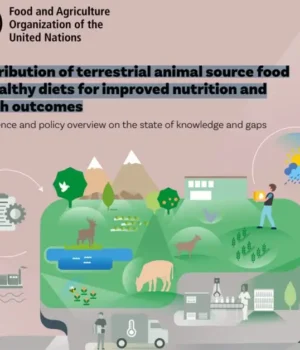For FAO (Food and Agriculture Organization of the United Nations), meat, eggs and milk are the most important foods to meet global nutrition targets. This conclusion has been drawn from his study "Contribution of food of terrestrial animal origin to a healthy diet to improve nutrition and health". These foods favor growth, and fight anemia, malnutrition and childhood overweight.
Globally, plant-based foods have gained popularity and attention in terms of nutrition and public health. However, there are signs that these foods are not fully meeting nutritional and public health goals.
The FAO study has reviewed more than five hundred scientific studies and two hundred and fifty documents requested by the task force. The contributions of these foods to health and nutrition have also been evaluated. It is considered the most complete analysis on the benefits and risks of consuming foods of animal origin.
Red meat.
Red meat and eggs are high-quality sources of nutrients, including vitamins, minerals, and essential fatty acids. Experts report that red meat consumption benefits muscle health and improves iron levels in adults. On the other hand, eggs provide benefits in selenium, choline and vitamin B12 to women of reproductive age.

Milk and eggs.
Milk and eggs are present in the group of eight foods with the highest risk of food allergy. In addition, one third of foodborne illnesses come from these foods when they are contaminated. The FAO report warns that foodborne diseases increase every year due to the massification of livestock production and the increase in the consumption of processed foods.








